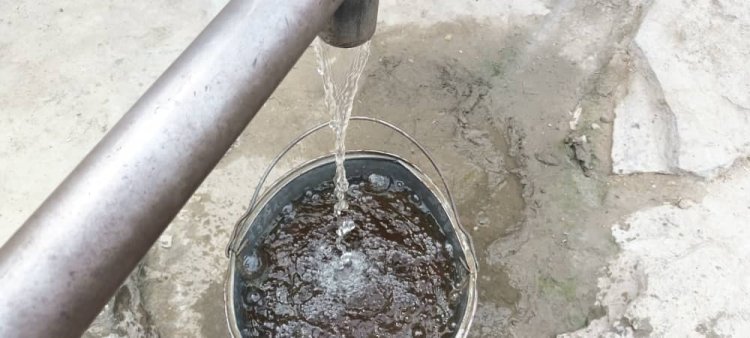Shortage of Clean Drinking Water: People Suffer from Thirst

Residents of several provinces in Afghanistan are expressing concern over the shortage of clean drinking water, saying that every year during the summer, they face this same crisis.
According to locals, the ongoing drought has lowered underground water levels in both urban and rural areas, causing serious difficulties.
Mohammad Miran, a resident of Chora district in Uruzgan, says that due to four consecutive years of drought, many people in both the provincial capital and surrounding districts are now struggling to access clean drinking water.
He explains that because of the decline in water levels, most wells, traditional underground irrigation systems (karez), and springs that people relied on for drinking water have dried up.
“In Chora district, people have no access to clean drinking water,” Miran says. “There’s been drought for several years, and as a result, the underground water level has dropped so much that even at depths of 80 to 100 meters, no water is found. People are suffering immensely.”
Abdul Mateen, a 50-year-old resident of Gereshk district in Helmand, shares a similar story. He says that in recent times, due to severe drought and lack of access to clean water, many residents have been forced to migrate to other areas.
He adds that the water shortage caused by drought has disrupted people's daily lives, and that many orchards in the district have withered due to the lack of water.
“Drought in recent years is something we had never seen before in our lifetime,” Mateen says. “Most people have migrated to areas where water is more readily available. Drinking water is extremely hard to find here, and for agriculture and gardening, it’s nearly impossible. Most orchards have dried up.”
He warns that if the unregulated use of underground water continues, people’s access to drinking water in the future will become even more difficult.
In Badpakh district of Laghman province, residents are also raising concerns over the lack of clean drinking water and say they do not have proper access to it.
Ghulam Sarwar, a resident of the district, says he walks nearly two kilometers every day to fetch clean drinking water and brings it home using a cart.
He explains that most wells and karezes have dried up, and recent floods have also damaged water sources, forcing people to carry water from distant places.
Sarwar says, “Wells have dried up, and underground water levels keep dropping every day. That’s why I walk two kilometers each morning and evening to fetch water for my family. It’s very difficult and beyond the capacity of most families.”
Meanwhile, on the occasion of World Water Day, the International Committee of the Red Cross (ICRC) identified water access as one of the major challenges in Afghanistan, emphasizing that 33 million people in the country are facing water shortages.
ICRC representatives stated that limited access to water in Afghanistan has direct effects on people’s health, food security, and economic growth.
Previously, UNICEF had also warned that due to rapid urbanization and climate change, underground water in Kabul may completely run out by 2030.
